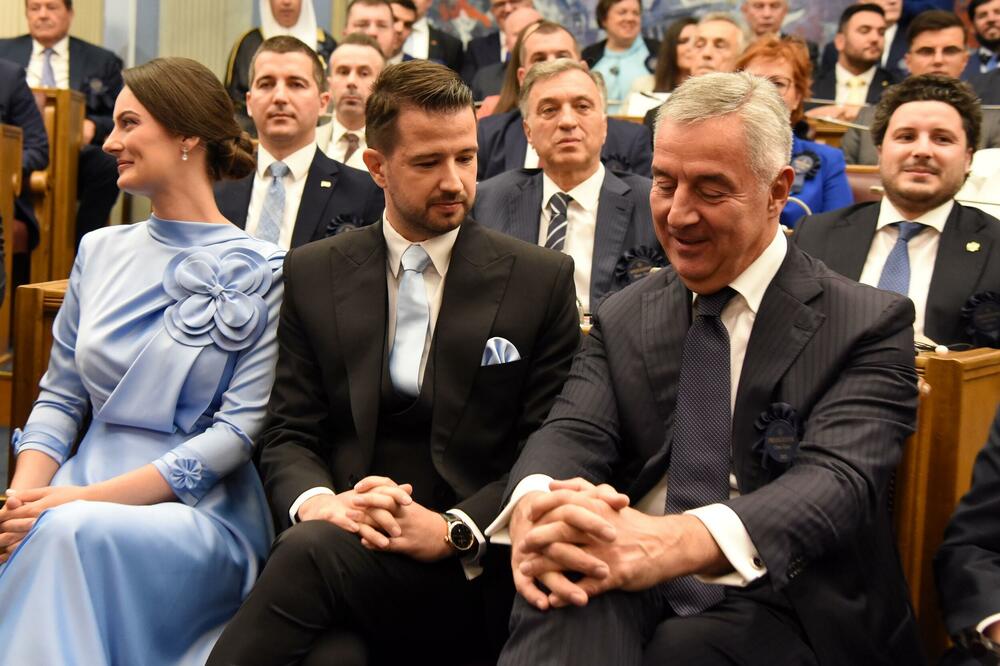The Financial Times (FT), an international business magazine from Great Britain, published an article about the political situation in Montenegro, in which it is stated that the "young guard" of politicians wants to speed up the process of the country's accession to the European Union.
"The new generation of politicians taking power in Montenegro has promised to implement the reforms necessary to speed up EU accession and take advantage of the opportunity that has arisen as a result of the war in Ukraine," FT writes.
The victory of Jakov Milatović in the presidential elections over Milo Đukanović, who, as they say, "led the nation for 33 years", marks a "new dawn" in the country which until 2006 was united with Serbia and "loyal to Russia".
Milatović's rise, they point out, was quick - the Europe now movement, whose deputy president and one of the founders, was founded only last year, and it already had a strong effect in the local elections and, as the FT writes, is on its way to winning the parliamentary elections on June 11: "Recent polls show that he will win around 30 percent of the vote, which would allow the PES government to gather the majority necessary to adopt the reforms needed for EU membership."
Montenegro, they remind, has already joined NATO, but negotiations on EU membership have stalled due to slow progress in terms of most of the criteria for accession, especially the rule of law and issues of corruption.
"However, the war in Ukraine has focused attention in EU capitals on the dangers of neglecting countries formerly in Russia's orbit, and Berlin and Brussels are pushing for renewed impetus in the Balkans. EU enlargement has largely been on hold since the bloc admitted Croatia a year ago. decades, while the remaining countries of the Western Balkans were in different stages of the process," the FT points out.
"Unfortunately, the EU reacted politically in the Western Balkans only after the Russian aggression in Ukraine," Milatović said, according to the newspaper. take a big step forward.”
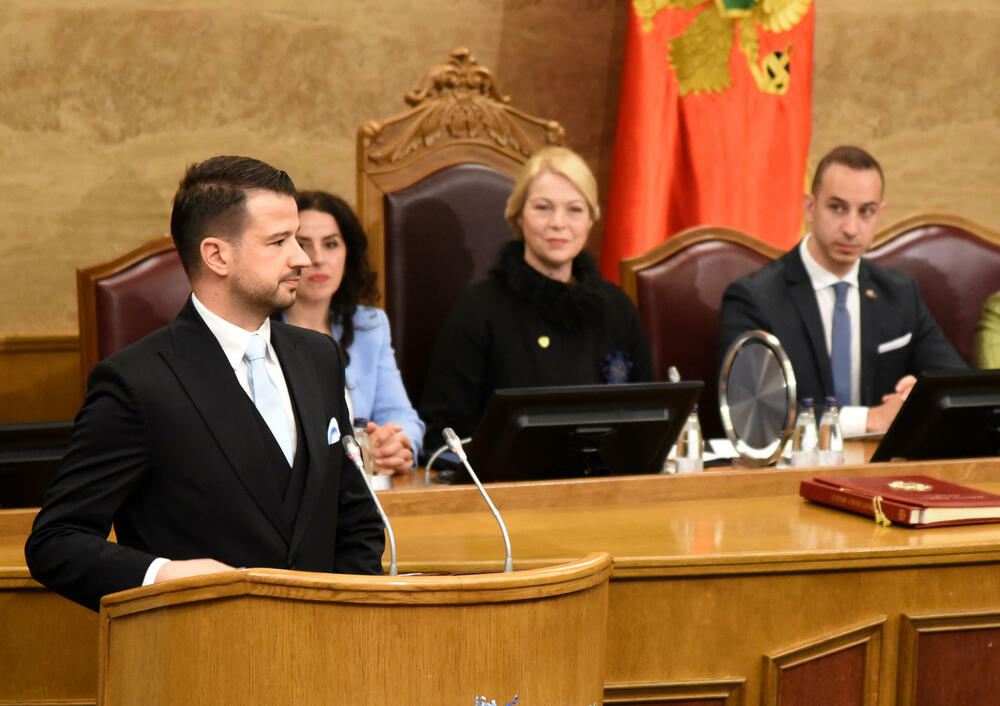
Since only three of the 33 negotiating chapters for EU accession have been closed, that deadline may be difficult to meet, the FT points out: "Strong historical, cultural, religious and linguistic ties with Serbia could further weaken the ambitions of the PES. Belgrade continues to resent the West on to the NATO bombing of Serbia in 1999 during the short war over the future of Kosovo".
Milatović said, adds the FT, that when he entered politics in 2020, Montenegro "looked more like Kazakhstan than a Western EU nation", with China, Azerbaijan, Turkey and the United Arab Emirates as the biggest investors and about 30 percent of tourists from of Russia. "There were few economic links with the EU, the US or the UK... something was wrong."
It is recalled that in 2015, China approved a loan of one billion dollars - a fifth of Montenegrin GDP - in a non-transparent bilateral agreement to finance the construction of a highway to Serbia. The protection against that loan expires this summer, which exposes Podgorica to major exchange rate risks, FT points out.
Milatović said that the new government will urgently consider this debt, which has almost two decades until maturity, and possibly refinance it with the help of the West. More funding is also needed to open the rest of the highway to Europe through Serbia, he said, according to the magazine.
PES candidate for prime minister Milojko Spajić said, adds FT, that the new government will devote itself to solving the deficiencies in the rule of law and the fight against corruption.
"Djukanovic mismanaged the economy and the country was really corrupt," said Spajic. "The rule of law was basically a joke. We will solve that problem."
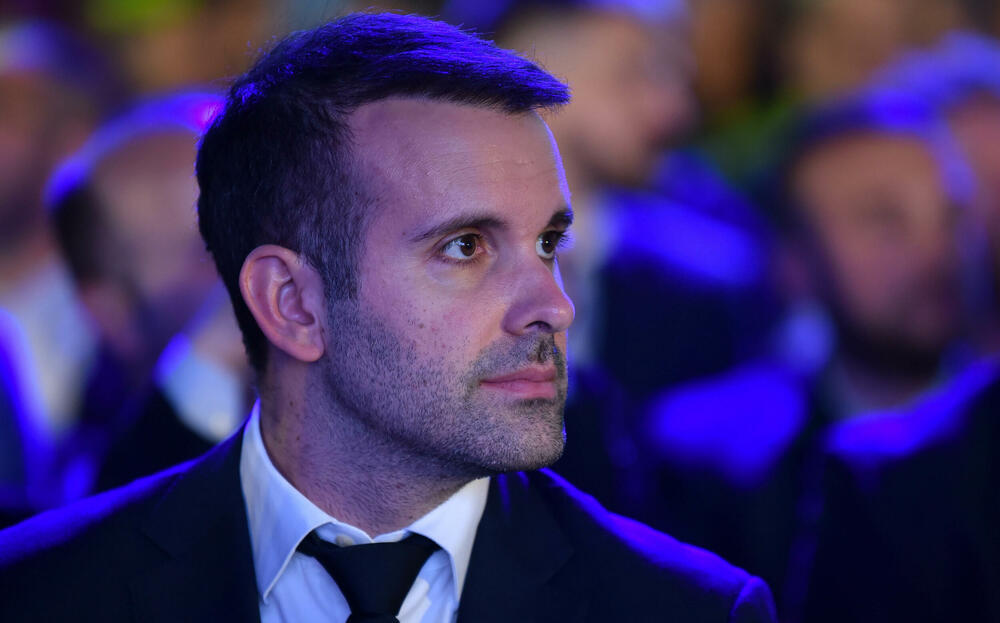
Đukanović dismissed such claims as political.
"It's logical... I've been the epitome of power structures for the past 30 years," he told the FT after attending the inauguration of his successor as president. "I have denied the involvement of myself or family members in any corrupt activity a million times, but my opponents like to use that against me."
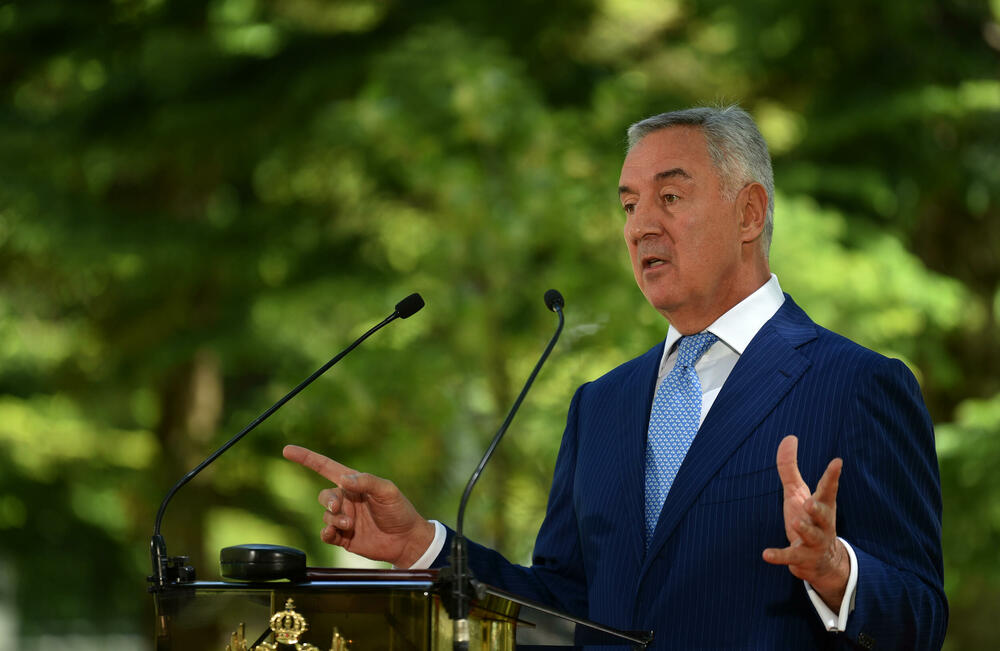
Often described as an autocratic ruler, according to the FT, Djukanovic has been prime minister or president almost continuously since 1991 and was the longest-serving leader in Europe.
"Nevertheless, many Montenegrins welcome the fact that the former president turned things around in the impoverished former Yugoslav state, avoiding the wars that engulfed its neighbors in the 1990s and turning it towards the West by joining NATO in 2017 and launching EU accession talks," adds the FT.
"Our turn towards the West is a semicircle," Djukanovic said. "Montenegro was historically allied mainly with Russia".
The former president also "oversaw a gradual distancing from Belgrade after 2006," the FT added, including recognizing the independence of Kosovo in 2008, whose statehood Serbia continues to dispute.
"We recognized Kosovo not because of the obligation to cooperate with the Euro-Atlantic community," Djukanovic said. "We told our neighbors in Belgrade that Serbia lost Kosovo because of a wrong policy".
The western route, it is said, had its challenges. "During 2016, as Podgorica was preparing for NATO membership, Đukanović said that his opponents had attempted a coup with Russian help. Although Moscow denied the claims, the US Treasury Department's Office of Foreign Assets Control described the 'Russian financial support to a Montenegrin political party ahead of the 2016 Montenegrin elections'. Montenegro jailed more than a dozen people for their roles in 2016, including two Serbian nationalist MPs and two Russians," writes the FT.
In addition to the PES representative, another member of the new generation of politicians is Dritan Abazović, the current prime minister and leader of the URA Citizens' Movement, a green-liberal pro-European party.
"Ethnic Albanian and Muslim, Abazović earned respect by cooperating with a wide range of political forces, including Serbian parties."
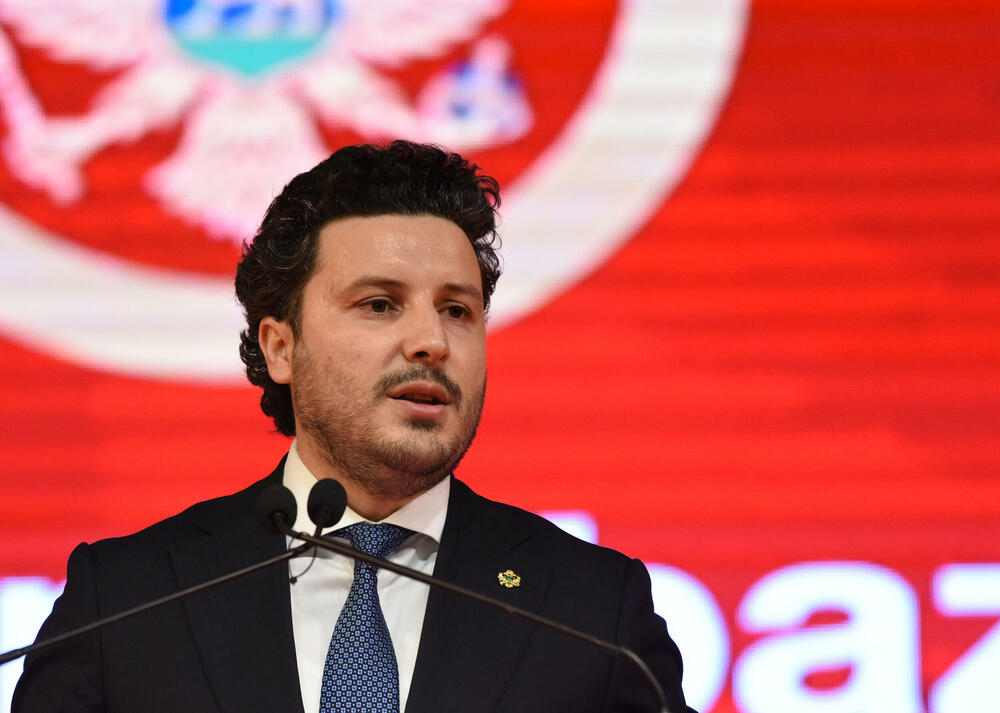
"Dritan is incredible," said Albanian Prime Minister Edi Rama, FT writes. "This young guard in Montenegro will be successful in the region".
Bonus video:



